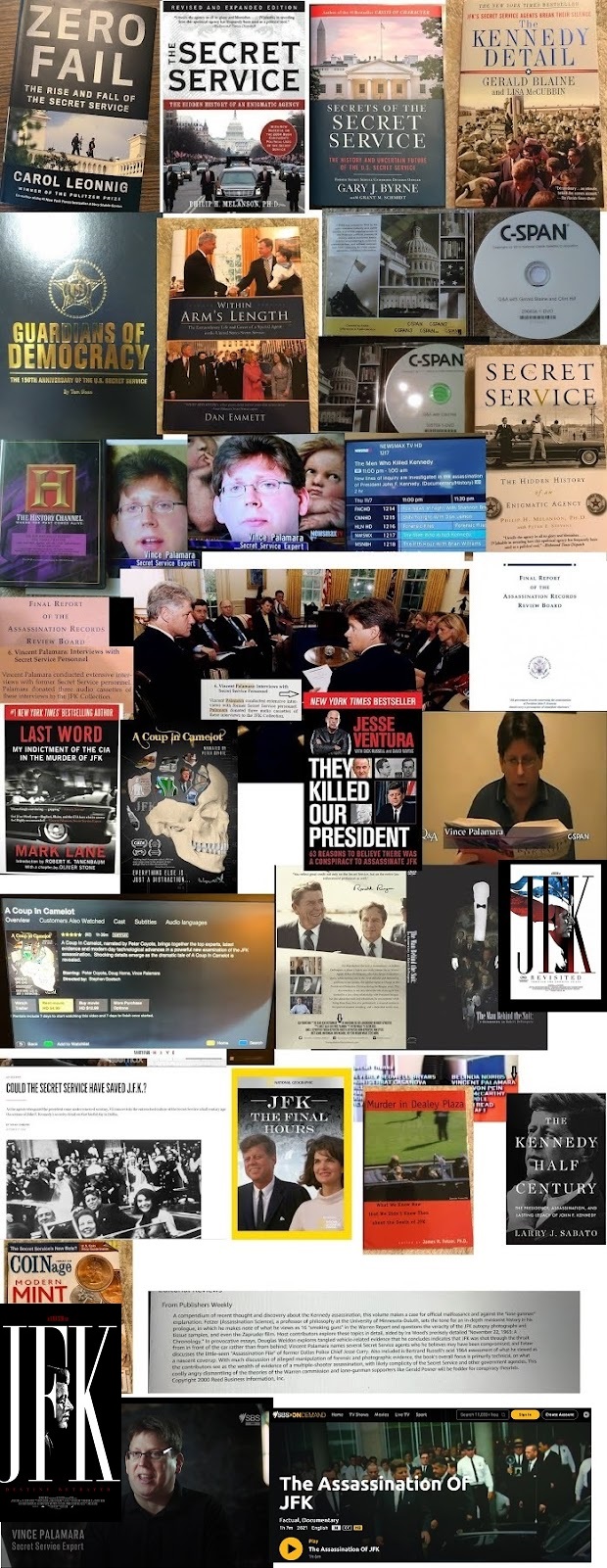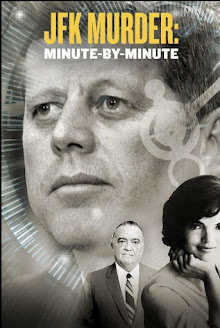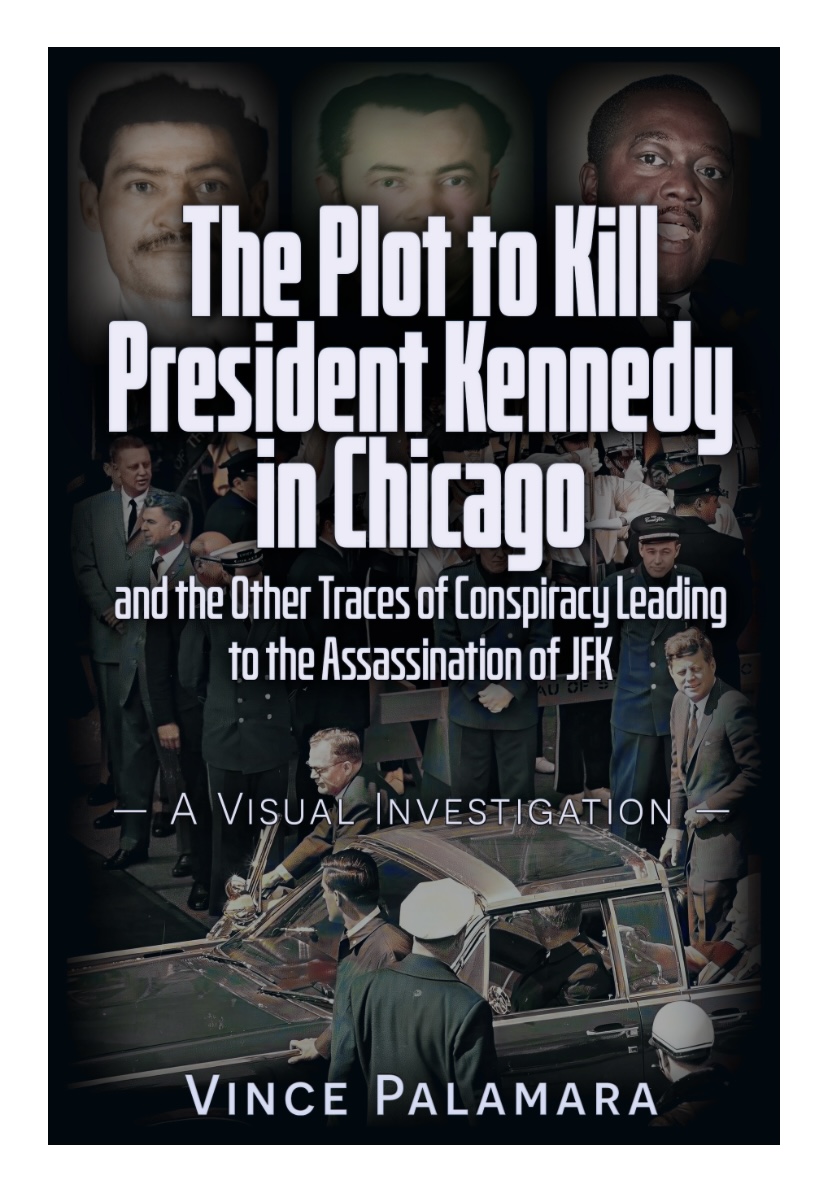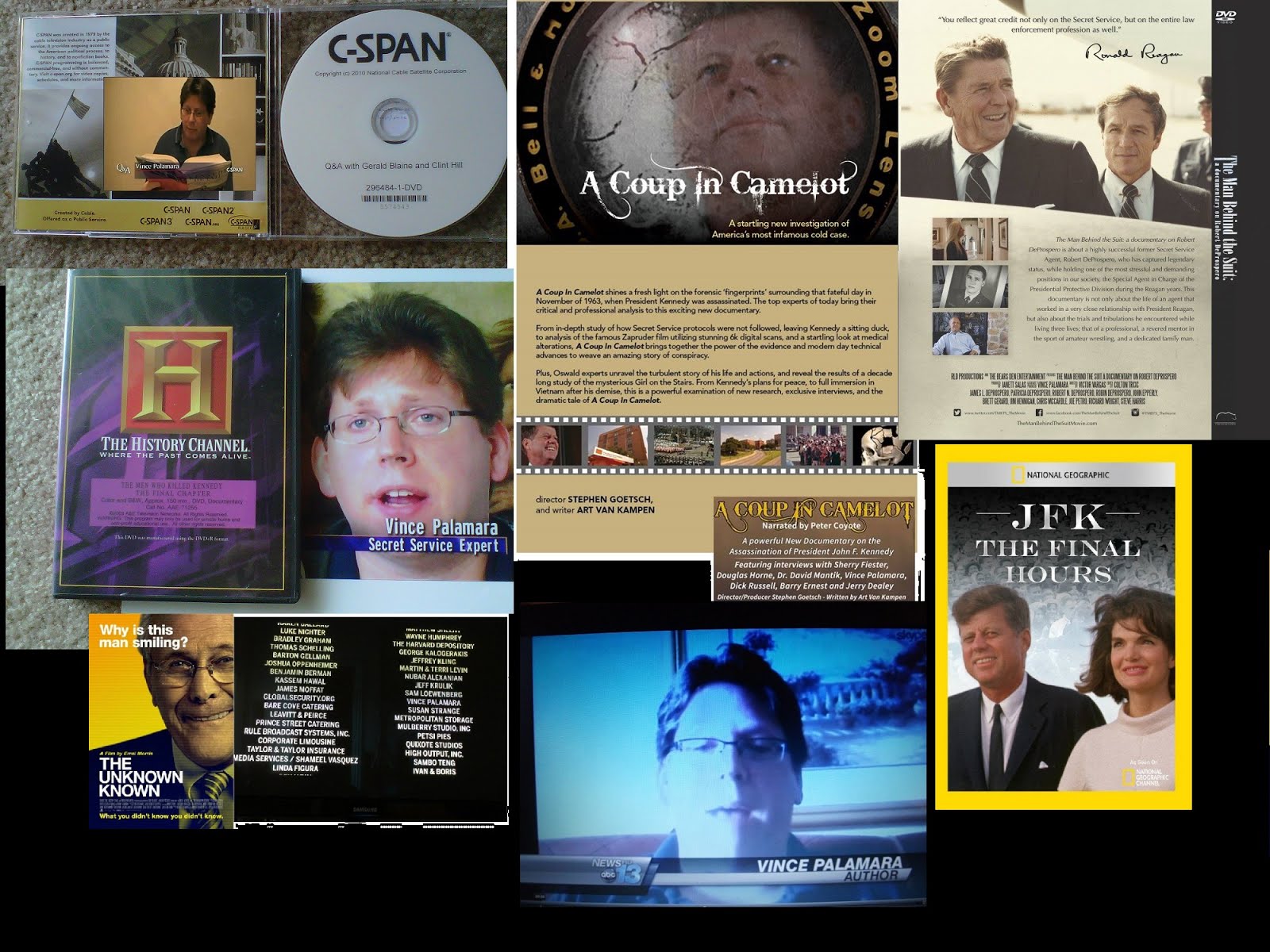In memoriam: Robert R. Faison, 1929-2011
By Robin Rose Parker, Published: December 15
In the spring of 1963, Special Agent Robert R. Faison was permanently assigned to President John Kennedy’s Secret Service protection detail. For any agent, rising to this elite level was an undeniable achievement, but for Faison, as the first African American to hold this post, it was groundbreaking [he was NOT: ABRAHAM BOLDEN beat him by 2+ years...unless she means "permanently", then that is acceptable]. Hardworking and strongly convinced, as he told his son, that a black man must push to be better than average, Faison reached this position by employing the same determination that made him one of the youngest first sergeants in the Korean War at the age of 22.
Faison was hired by the Secret Service in 1962 and by the next year quickly promoted to the ultimate assignment: protecting the president. Still, he was not exempt from America’s harsh racial climate. He received the prestigious appointment the same year that four black girls were killed in the Birmingham bombing; the same year civil rights activist Medgar Evers was murdered. It was also the year the Rev. Martin Luther King Jr. delivered his “I Have a Dream” speech.
As one of the first black men ever hired as a special agent [others: CHARLIE GITTENS, ABRAHAM BOLDEN, CONRAD CROSS], he faced challenges being perceived as an equal among peers. He learned that FBI Director J. Edgar Hoover questioned Kennedy on the wisdom of trusting his life to a black man. And for Faison, traveling also proved difficult. The night before Kennedy was assassinated, the protection detail checked into the Hotel Texas in Fort Worth to await Kennedy’s arrival from Dallas. A clerk told them they would have to make other arrangements for the Negro, according to Gerald Blaine, a former special agent and co-author of the book “The Kennedy Detail.” One of the agents informed the hotel clerk that if Faison couldn’t stay, the detail wouldn’t stay, and if they didn’t, neither would Kennedy. The clerk quickly changed his mind.
While Faison had close relationships with his wife and two sons, his professional life was largely a mystery to his family and friends. They asked him about the presidents he protected, but Faison refused to answer. He kept piles of career mementos that begged for accompanying stories, such as a signed photograph of Jacqueline Kennedy or the picture of Faison running alongside President Lyndon Johnson’s motorcade. But his sons learned to be satisfied with shirts brought home from around the world — and no details.
In 1995, cancer claimed Faison’s first wife, Dorothy. Two years later, he married Jacquelyn McGee. “Coming into his life in the last 16 years, I had a lot of questions,” she says. “I learned early on in my relationship with him that there were some things that he was simply not going to talk about.” His reticence, however, never created problems for his conversations; people found him easy to talk to. “He would much rather listen than speak,” Jacquelyn Faison says. “He always gave you the chance to talk about yourself, rather than for him to talk.”
Though Faison was reluctant to share the particulars of his professional life, it was clear that he loved his work. In fact, he had difficulty transitioning into retirement. For weeks after leaving his position in 1982, he continued to get up in the morning and dress for business, sitting around the house in a shirt and tie. It wasn’t long before he returned to the Secret Service, where he spent the next several years as a contractor, conducting background investigations for prospective agents from his basement office.
Subscribe to:
Post Comments (Atom)










































![VINCE PALAMARA [remember to scroll all the way down!]](https://blogger.googleusercontent.com/img/b/R29vZ2xl/AVvXsEjSZ-Z_puqnjl3UgdiJxBenMyIMaFhmBD-PYQUsxCtFS4UF7dJQB6n32rt9a0ZqFRPmuBoukhrMZxv6LOD9GoUGPiaShO3wj_8xL98obRAsUbIf0mXutzbq7jKDrCp8Y-Y0k9rnS5ARjQQ/s1600/11.jpg)


![CHAPTER 8 OF ARRB FINAL REPORT [I AM IN THIS REPORT, AS WELL]...HMMM---THE SECRET SERVICE DESTROYS](https://blogger.googleusercontent.com/img/b/R29vZ2xl/AVvXsEimGbOuG69gW-cgAbsfjd8p8PD-subznIjcsQXUSFq560o_kiXunf9TcH0fkOqmWuK73id6m5TyVMhWcfBrPUEee6JLbvqNZKdIVQa5Drcz568Ue6GZdf_PUtLuLwPDcucv3gOn5KGBZPw/s1600/DSCF0462.JPG)




No comments:
Post a Comment